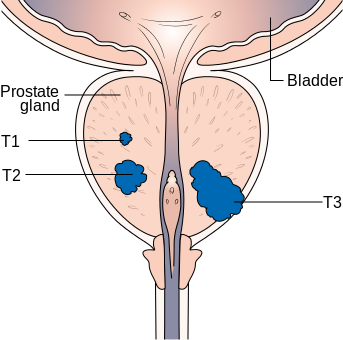
Fewer men are having screening tests done for prostate cancer, which means that fewer cases of early-stage cancer are being detected, according to two studies. The incidence of prostate cancer has dropped, not because there are actually fewer cases, but because there is less effort to find it, the researchers said.
This finding is from two studies published in the Journal of the American Medical Association.
The declines in both screening and incidence statistics significantly affect public health, according to one of the groups of researchers, but they said it was too soon to tell if these declines could affect death rates from prostate cancer.
Screening for prostate cancer, as with screening tests for other types of cancer, has been debated for a long time. Some feel that wide use of screening saves lives while others say it leads to too much unnecessary treatment.
The decrease in testing is believed to be the result of a change in recommendations made in 2012 by the U.S. Preventive Services Task Force. The task force said that the risks of routine tests for prostate-specific antigen (PSA), a blood test for prostate cancer, outweighed the benefits. Not all cases of prostate cancer are deadly. Prostate cancer often grows slowly, so screening finds many tumors that might never become harmful. But these slow-growing tumors are treated anyway, often with surgery or radiation that can leave men impotent and incontinent.
One of the new studies found that early-stage diagnoses of prostate cancer per 100,000 men aged 50 and older has dropped to 416.2 in 2012, from 540.8 cases in 2008. The biggest decrease occurred between 2011 and 2012, after a draft of the task force guidelines was released. The percentage of men 50 and older who reported PSA screening in the previous 12 months dropped to 30.8% in 2013, from 37.8% in 2010.
A second study also found a significant decline in PSA testing after the change in recommendations.
An editorial accompanying the articles, by Dr. David F. Penson, the chairman of urologic surgery at Vanderbilt University Medical Center in Nashville, TN, acknowledged that too much screening can do harm but suggested that too little testing may be being done now.
Dr. Penson said, it would be better to "screen smarter" by testing most men less often and focusing more on men who at high risk for an invasive form of prostate cancer.
